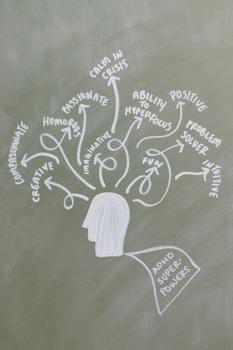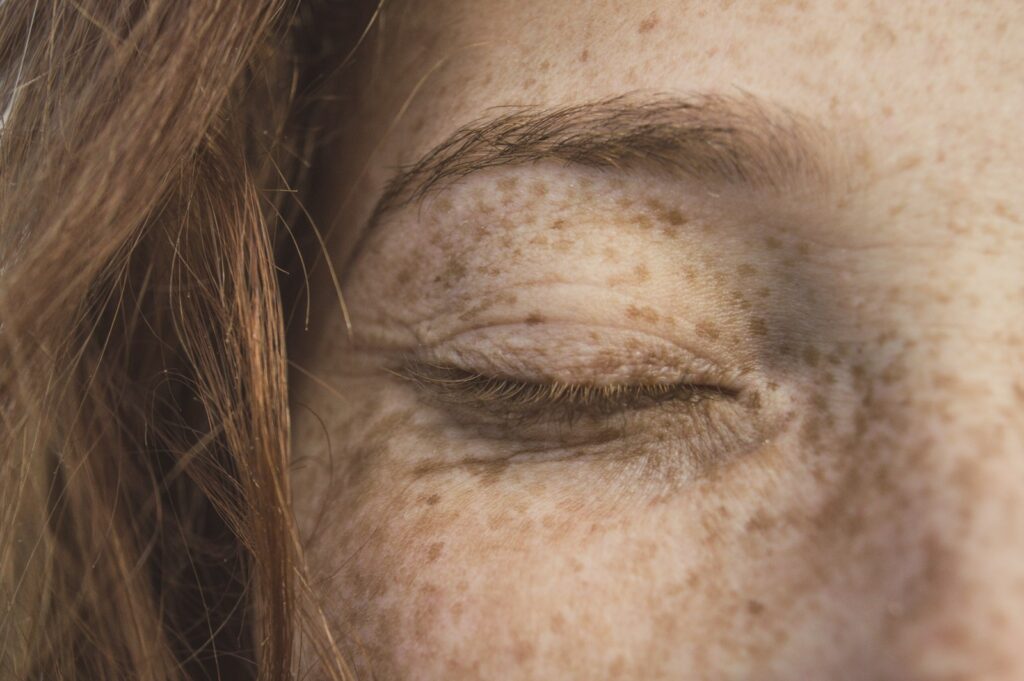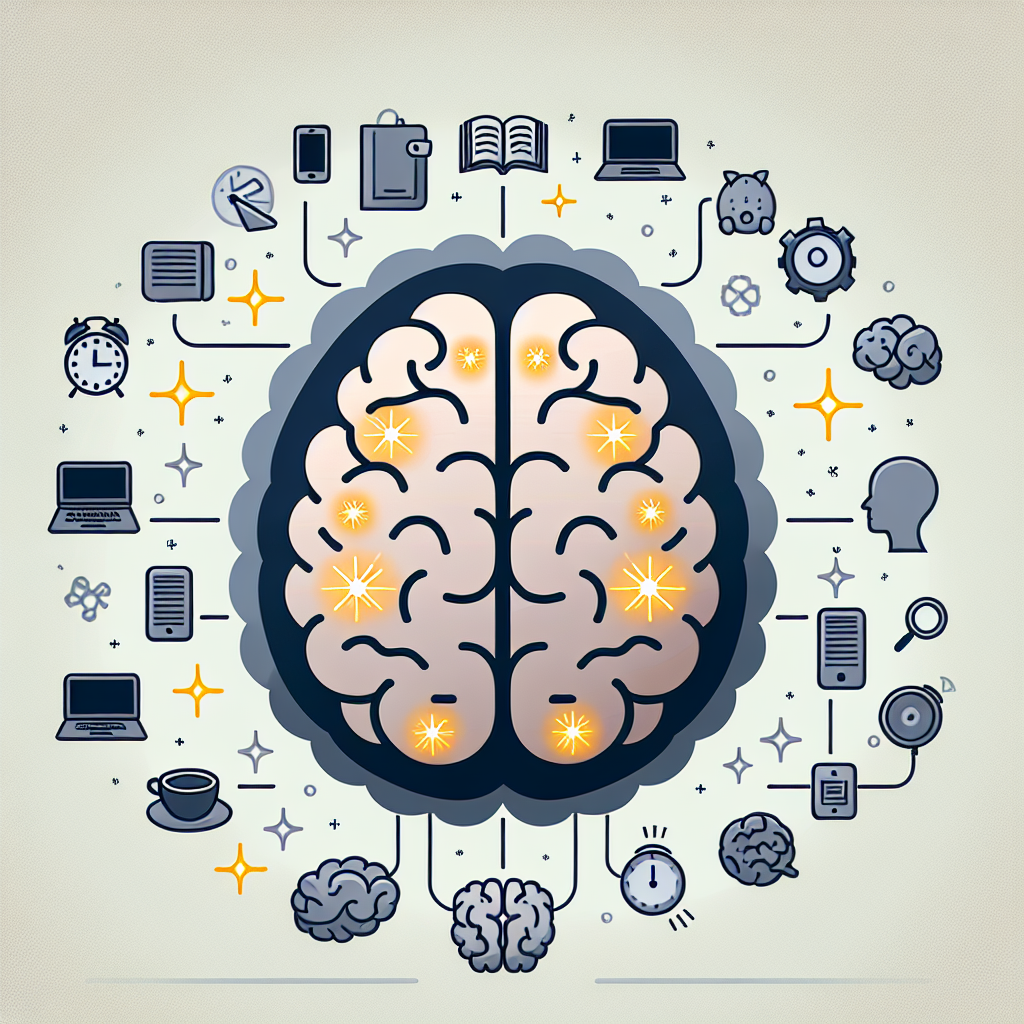Understanding ADHD: A Comprehensive Overview

Attention Deficit Hyperactivity Disorder (ADHD) is a neurodevelopmental disorder that affects both children and adults worldwide. It is characterized by persistent patterns of inattention, impulsivity, and hyperactivity that interfere with daily functioning or development. This article aims to provide a comprehensive understanding of ADHD, its symptoms, causes, diagnosis, and treatment options.
What is ADHD?
ADHD is one of the most common neurodevelopmental disorders of childhood, often continuing into adulthood. According to the American Psychiatric Association, about 5% of children have this condition. However, studies among older teens and adults suggest an increasing prevalence.

Symptoms of ADHD
ADHD symptoms can be grouped into two categories: inattention and hyperactivity/impulsivity. Some individuals only have problems with one of the behaviors, while others experience both inattention and hyperactive-impulsive behavior.
- Inattention: Individuals may overlook or miss details, have difficulty sustaining attention in tasks or play, not seem to listen when spoken to directly, not follow through on instructions, and have difficulty organizing tasks and activities.
- Hyperactivity and Impulsivity: Individuals may fidget or tap their feet, leave their seat in situations when remaining seated is expected, run about or climb in situations where it is inappropriate, have difficulty playing or engaging in leisure activities quietly, and be often “on the go.”
“ADHD is not a disability, but a different ability. It’s like having a Ferrari engine with bicycle brakes. We may not always be able to slow down, but we can sure go fast!” – Edward M. Hallowell
Causes of ADHD
While the exact cause is not known, research suggests that genetics play a significant role. Other possible causes and risk factors include:
- Brain injury
- Exposure to environmental toxins during pregnancy
- Alcohol and tobacco use during pregnancy
- Premature delivery
- Low birth weight
Diagnosis of ADHD
ADHD is diagnosed through an extensive evaluation by a licensed clinician, such as a pediatrician, psychologist, or psychiatrist with expertise in this condition. The assessment often involves interviews with the individual as well as with others who know them well, such as family members or teachers. The clinician may also run tests to rule out other conditions that could cause similar symptoms.

Treatment of ADHD
While there is no cure, this condition can be successfully managed with the right treatment and support. Treatment options include:
- Medication: Stimulant and non-stimulant medications can help increase attention and focus and decrease impulsivity and hyperactivity.
- Behavioral Therapy: This involves working with a therapist to learn new behaviors to replace those that don’t work or cause problems.
- Education and Training: This involves learning more about the condition and how to manage symptoms.
Understanding ADHD: Beyond the Stereotypes
Attention-Deficit/Hyperactivity Disorder is a neurodevelopmental condition that affects millions of people worldwide. Often misunderstood as a simple lack of willpower or a disorder exclusive to hyperactive boys, this condition is complex with a significant biological basis. It impacts the brain’s executive functions—the management system that governs attention, impulse control, working memory, and organization. Recognizing this condition as a legitimate and nuanced neurological difference is the first step toward dispelling harmful myths and fostering effective management.

The Three Presentations of ADHD
Contrary to popular belief, this condition does not present identically in every individual. It is categorized into three distinct presentations, each with its own unique set of challenges. The Predominantly Inattentive Presentation is what many formerly knew as ADD. Individuals with this type struggle primarily with focus, organization, and follow-through. They may appear daydreamy, forgetful, and easily distracted, often missing details and having difficulty sustaining attention in tasks.
The Predominantly Hyperactive-Impulsive Presentation is characterized by restlessness and a lack of inhibition. This involves fidgeting, an inability to stay seated, excessive talking, and acting without thinking. These individuals may feel an internal sense of restlessness and often struggle with impulsivity, interrupting others or having difficulty waiting their turn. Finally, the Combined Presentation is the most common, where an individual experiences significant symptoms of both inattention and hyperactivity-impulsivity.
The ADHD Brain: A Different Wiring
This condition is not a character flaw; it is a difference in brain structure and function. Neuroimaging studies have shown that individuals with ADHD often have slightly smaller brain volume in certain regions, including the prefrontal cortex. This area is critical for executive functions, acting as the brain’s “CEO.” Furthermore, ADHD involves dysregulation of key neurotransmitters, particularly dopamine and norepinephrine. These chemicals are crucial for motivation, reward, attention, and alertness. This neurological basis explains why simple advice like “just try harder” is ineffective and often damaging. The brain’s wiring for reward and motivation operates differently, making tasks that are not immediately stimulating exceptionally difficult to initiate or complete.
Lifelong Impact and Co-existing Conditions
While this condition begins in childhood, it is a lifelong condition that profoundly impacts adults. The challenges simply evolve. An adult with ADHD might struggle with time management, meeting work deadlines, maintaining relationships, and managing household finances. This can lead to chronic stress, low self-esteem, and anxiety. It is also highly comorbid, meaning it frequently occurs alongside other conditions. Common co-existing diagnoses include anxiety disorders, depression, oppositional defiant disorder (ODD), and specific learning disabilities. Untreated ADHD can increase the risk of substance abuse as individuals may self-medicate to cope with their symptoms.
Management and Embracing Strengths
While there is no “cure” for ADHD, it is a highly manageable condition. Effective treatment is typically multi-faceted, combining various strategies. Medication, such as stimulants and non-stimulants, can help correct the neurotransmitter imbalances, improving focus and impulse control. Therapy, particularly Cognitive Behavioral Therapy (CBT), teaches practical skills for managing time, organizing tasks, and controlling impulsive behaviors.
Crucially, a modern understanding of this condition also involves recognizing its potential strengths. Many individuals with ADHD are exceptionally creative, able to think outside the box and make unique connections. They can exhibit hyperfocus—intense concentration on tasks they find interesting—and often demonstrate high levels of energy, resilience, and a willingness to take risks. By moving beyond a deficit-based model and focusing on strategies that work with their unique neurology, individuals can not only manage their challenges but also thrive and leverage their distinctive cognitive strengths.
This condition is a complex disorder that requires a comprehensive approach for diagnosis and treatment. Understanding the symptoms, causes, and treatment options can help individuals and their families manage the condition effectively. With the right support and treatment, individuals with ADHD can lead successful and fulfilling lives.





